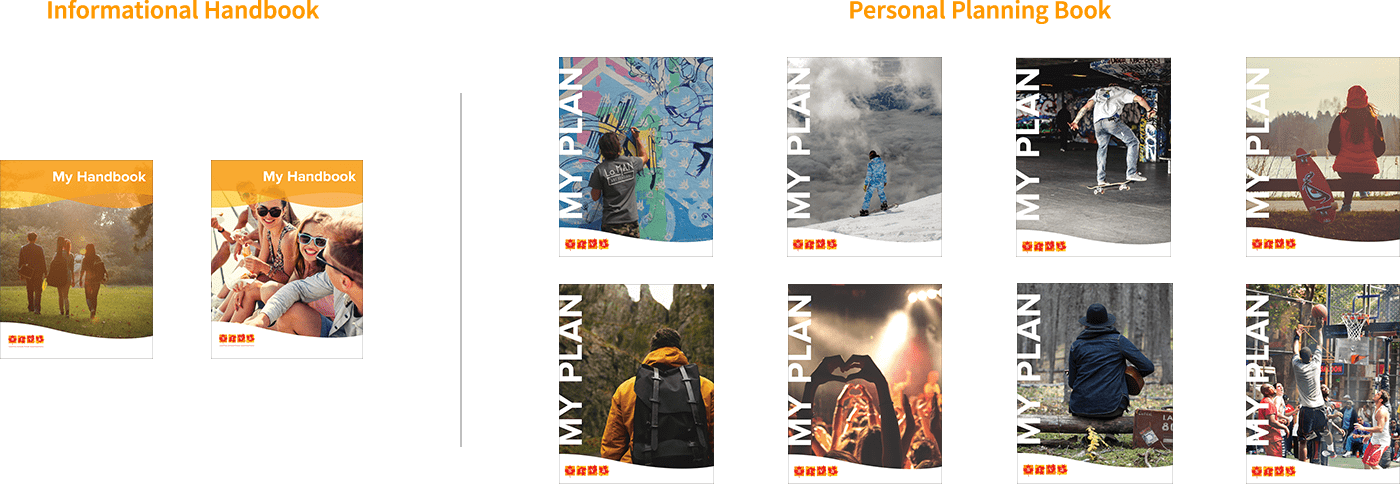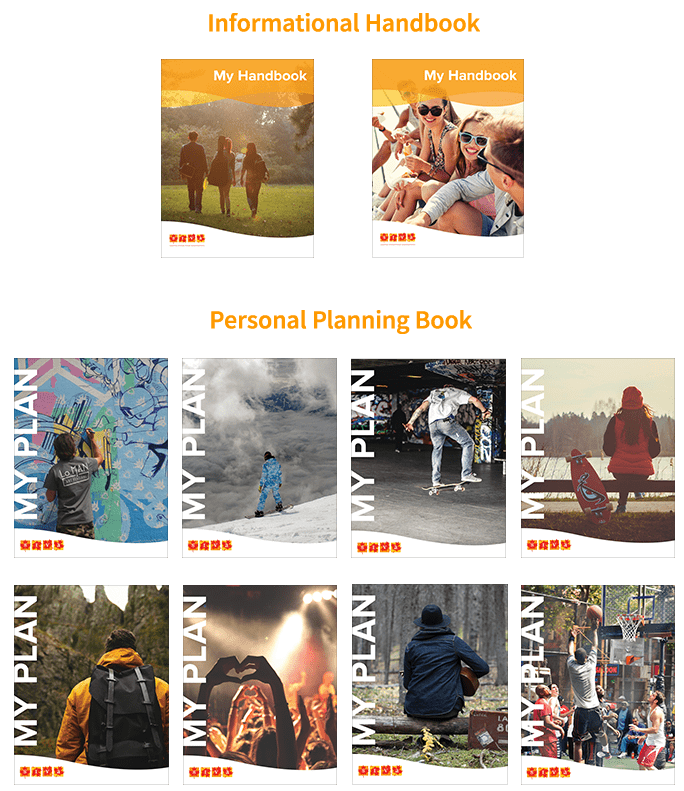
SIVA Training remains steadfast and unwavering in its commitment to provide professionals, families, and persons being supported with the proactive tools and practical knowledge to create an environment where safety is a pro-social, healthy, and respectful part of day-to-day life. The introduction of our new Direct Support Service Core Training ensures that direct support providers have the foundational knowledge to safely and ethically provide core services that are respectful, empowering and preserve the dignity and rights of persons being supported.
SIVA Training is offering four Direct Support Service Core Training sessions: Medication Management, Health and Safety / Emergency Preparedness, Human Development / Personal Planning and Legal and Ethical Issues. Each of the aforementioned Core Trainings are certificate and competency based half-day trainings. A Direct Support Service Provider can enrol employees in all four trainings or mix and match trainings based on program needs. To learn more about training dates, cost and how to customize your own training, Contact Us.
The following is a brief introduction the Direct Support Service Core Trainings and objectives:
It is the responsibility of each staff member to ensure that a person receiving required medication is given that medication in a safe, appropriate and scheduled manner. Mistakes in medication administration can be hazardous and dangerous to a person’s health. Persons served also have the right to be protected from inappropriate drug interactions and drug nutrient interactions.
After completing this session, participants will be able to:
Staff must learn how to maintain a safe environment and how to prevent and respond to medical and household emergencies. Training provides knowledge regarding medication management, emergency preparedness, first aid, and how to recognize illness and prevent transmission of disease. Group home staff must also have knowledge regarding safe food preparation and nutrition, how to transport individuals in vehicles, and how to ensure that individuals are complying with safety regulations. An employee who works with the a person with mobility issues may also learn about wheelchair safety while an employee who works with youth may learn to recognize the signs of eating disorders.
After completing this session, participants will:
It is important for staff to understand the social, emotional, spiritual and physical development of persons served so they can recognize issues requiring more attention. Staff study life stages and learn how to teach life skills. Training also provides knowledge of developmental disabilities and behavioural issues. Employees working in youth homes may learn how to assist individuals with transition to independence. For the developmentally disabled, knowledge of a person’s limitations may help staff determine when to provide assistance.
This module will cover some very important issues about person-centred planning and how it impacts the people we serve, such as:
Group home employees learn about understanding individual’s rights, confidentiality, provincial and federal laws, records management and documentation, and local policy regarding facility operations. In homes where medical records are used, training may provide knowledge of provincial laws regarding confidentiality. It is also crucial staff understand their duty in regards to reporting issues pertaining to abuse.
After completing this session, participants will be able to:
These tools have been developed to assist individuals in navigating their way through services and understanding their rights, and provides information that is easily understood.
My Handbook: This is a great orientation tool for individuals commencing services within your programs.
My Plan: This is a personal planning book for adults and children which contains all the aspects of an individual’s life. This allows for self directed service plan development on all levels. This particular book received an exemplary notation from CARF during an accreditation survey of Carmichael Residential Programs!

